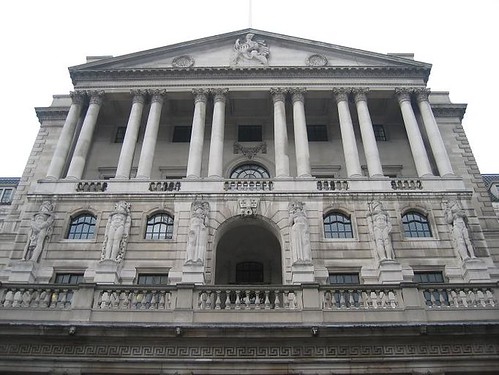
Britain's unemployment rate hit a 16-month peak in the three months to December, while the number of people claiming jobless benefits struck the highest total in two years, official data showed Wednesday.
The Office for National Statistics (ONS) said in a statement that the unemployment rate stood at 8.4 percent. It was last higher in the three months to November 1995.
The so-called claimant count of people registered for unemployment benefit increased by 6,900 in January to reach 1.61 million, the ONS added. That marked the highest total since January 2010 and the eleventh straight monthly rise.
The number of unemployed people meanwhile increased by 48,000 over the quarter to reach 2.67 million. However, that was the smallest quarterly increase in unemployment since the three months to June 2011.
The data came as the Bank of England (BoE) predicted on Wednesday that Britain will likely avoid another recession but cautioned that the outlook was dependent on the debt crisis in key trading partner the eurozone.
"The latest jobs data were mixed overall but the underlying deterioration does appear to have eased recently which supports hopes that the economy will return to modest growth in the first quarter and avoid recession," said IHS Global Insight economist Howard Archer.
The economy declined by 0.2 percent in the fourth quarter of 2011 and would return to recession with another contraction in the current quarter. First quarter GDP figures are due in April.
Economists meanwhile expect the labour market to worsen in the near-term before any major improvement, amid deep concern over the impact of weak economic activity and ongoing state austerity measures.
"While there are some encouraging signs in the latest labour market data, we still suspect that unemployment is headed significantly higher over the coming months," added Archer.
"Despite some signs that economic activity may have picked up in January, we suspect that activity will remain too weak for some time to come -- and business confidence too weak and fragile -- to prevent unemployment moving significantly higher particularly as public sector job cuts are appreciable."
The Conservative-Liberal Democrat coalition government had hoped that the private sector would create enough jobs to offset heavy losses in the public sector, but the economy has been hit hard by fallout from the eurozone crisis.
The opposition Labour party argues that the coalition is cutting public expenditure too hard and too fast, placing the recovery at risk.
AFP, photo: bhfs2003




































